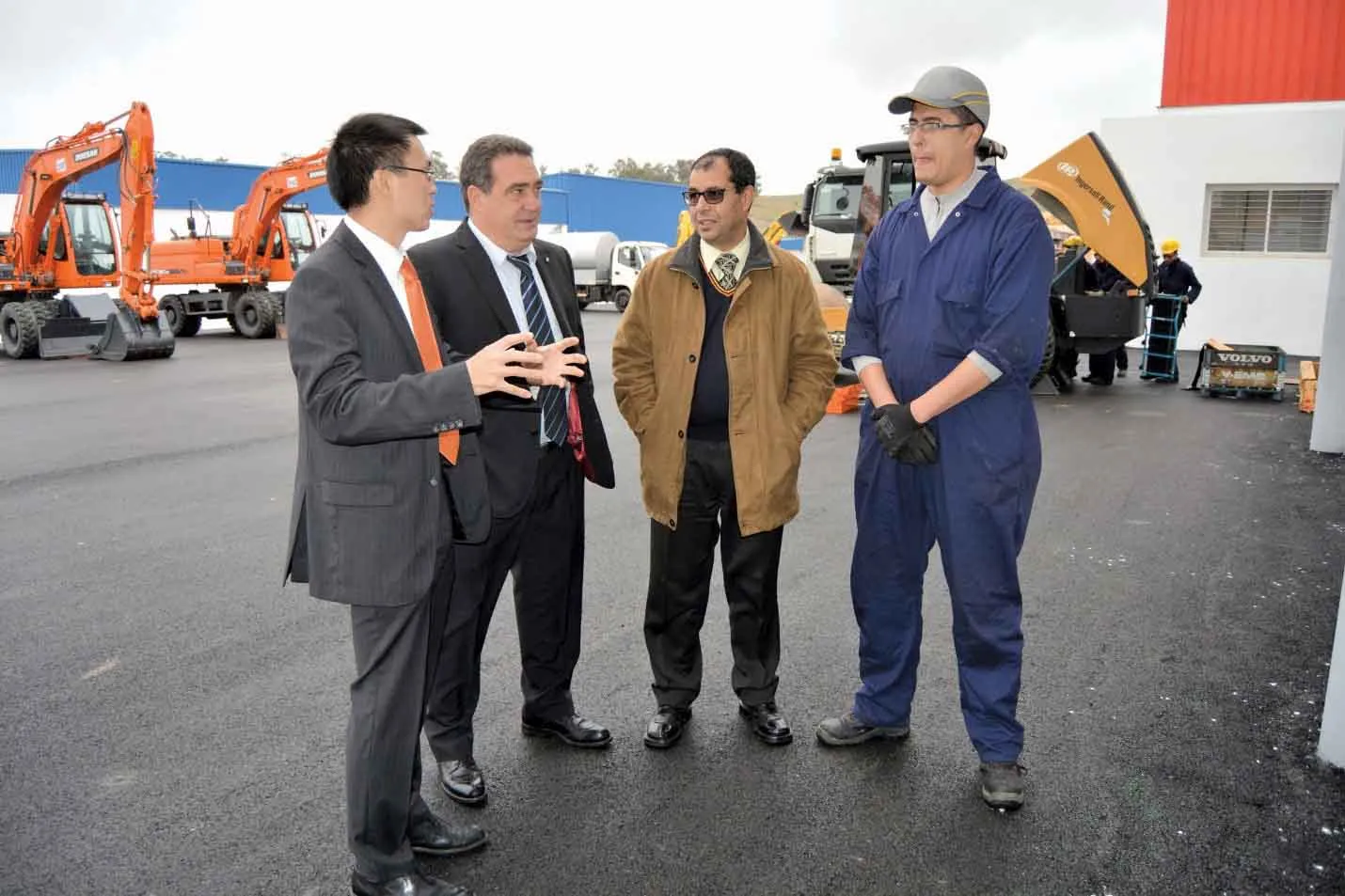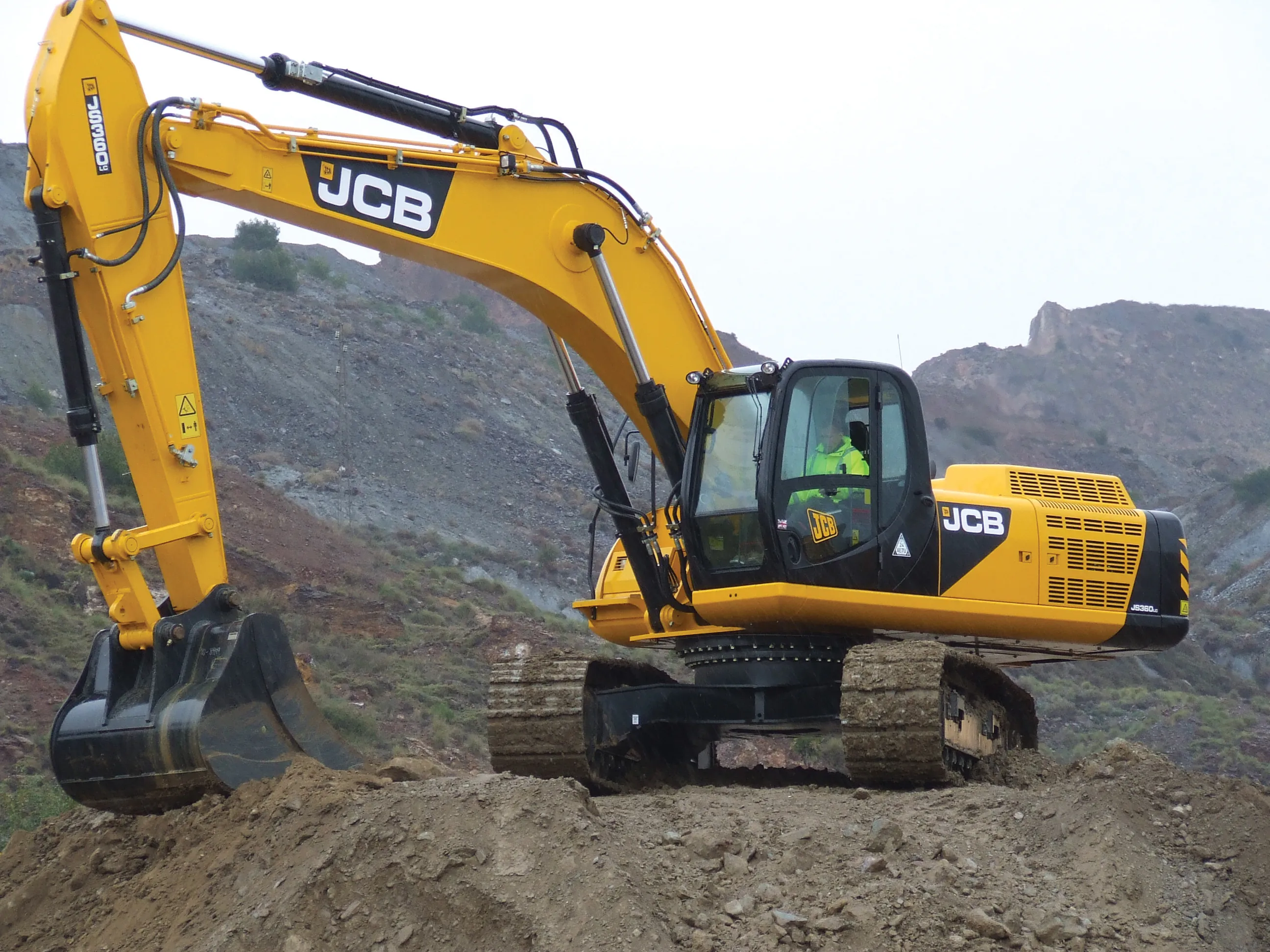
LiuGong has cooperated closely with Mecomar—LiuGong’s dealer in Morocco and supplied wheel loaders, excavators and bulldozers to the institution for learning opportunities. LiuGong machines have accounted for over 45% of all the machines at institution. Additionally, the construction of the buildings was all completed with LiuGong machines. LiuGong Middle East After-sales Service has donated key parts and training tools such as disassembly and assembly parts of hydraulic components, engine and ZF transmissions to the institution, which has won high praise from the OFPPT.








